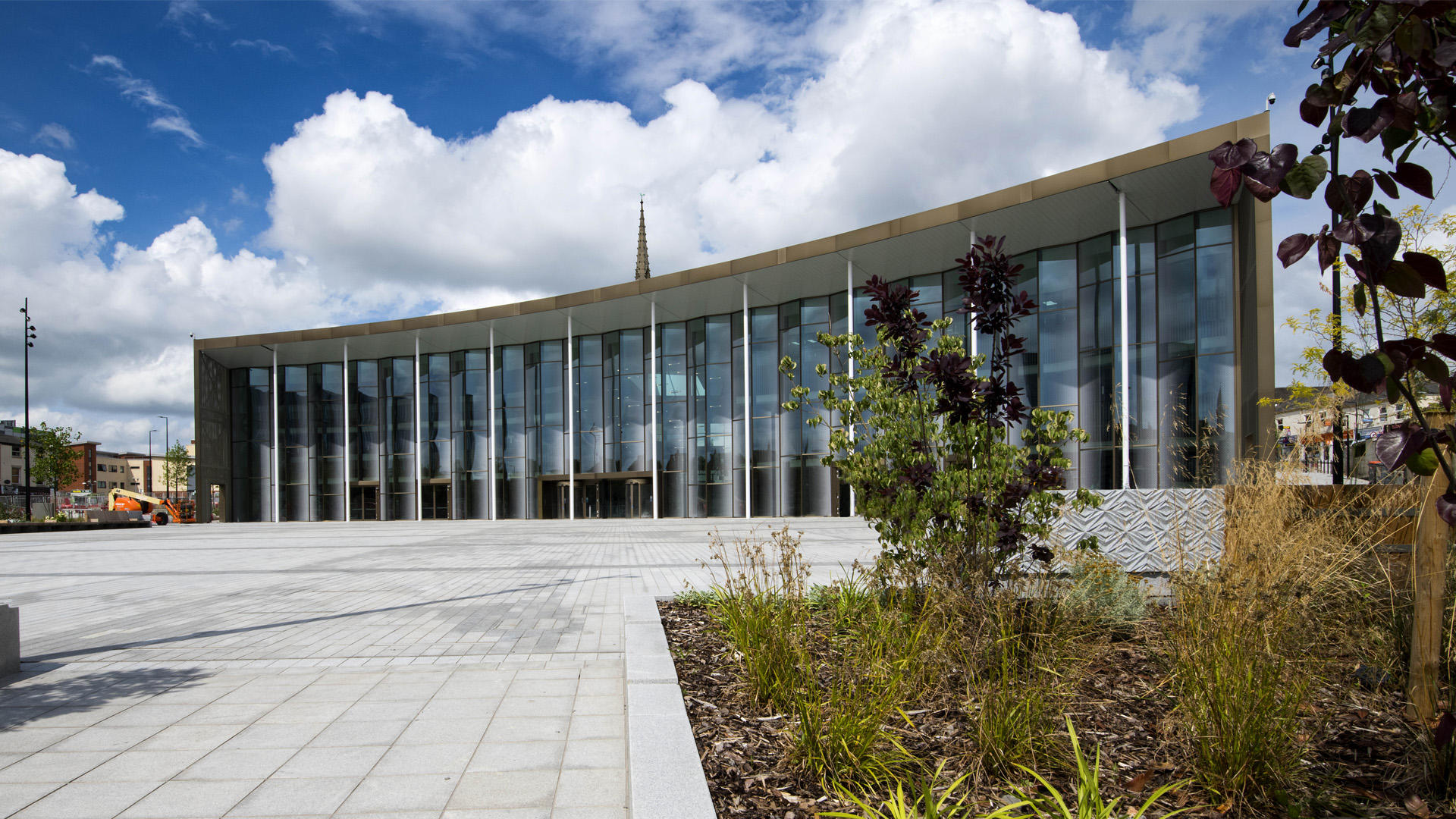Associate Dean of the School of Management, and director of the Institute for Research into Organisations, Work and Employment (iROWE), Dr Adrian Wright, takes a look at the future work challenges for Lancashire, drawing on recent research by the Institute.
Lancashire’s 2050 vision offers a strategy towards greater prosperity to inspire the future workforce. However, Lancashire also has specific future work challenges, for example, skills and attainment gaps, the ‘brain drain’ of graduates leaving the region, lower than average productivity, and higher than average economic inactivity. Lancashire’s future work is also fraught with bigger-picture trends. For example, environmental sustainability, globalisation, and changing demographic and consumer preferences are some of the macro factors that influence our economy, and therefore work.
Undoubtedly, the biggest recent shift was the Covid pandemic shaping how and where we work. The pandemic has accelerated trends around remote and hybrid working, digitalisation and the adoption of technologies such as Artificial Intelligence (AI) and automation. The result of these changes, according to McKinsey & Company, means one in 16 workers will change occupations, with more people working in healthcare, science, technology, engineering and mathematics (STEM), business, education and transportation, in jobs with a high concentration of highly skilled jobs not exposed to automation and AI. Therefore, given the changes afoot, what else can Lancashire do to provide a positive future for work?
Changes in jobs will make a huge impact on the future workforce as skills become at the forefront of discussions about how the region can drive opportunity and prosperity. The Lancashire 2050 plan to develop a skills pipeline, increase the number of Lancashire workforce achieving a Level 4 or above qualification and to focus on a skills base that embraces digital and technical skills, will support growth and opportunity. However, promoting soft skills such as communication, adaptability and flexibility, problem-solving, emotional intelligence, decision-making skills and proactivity is of paramount importance to address future work challenges.
"For Lancashire to be fully prepared for future work we need to capture the aspiration and choices of the younger workforce."
— Dr Adrian Wright, Associate Dean of the School of Management at the University and iROWE Director
Research commissioned by the International Labour Organisation (ILO) examined young people’s aspirations. Many young workers cited sense of purpose, impact on society and work-life balance above financial compensation as the most important criteria for choosing a job. The analysis of the ILO and McKinsey tells us that to meet the challenges of future work and to solve Lancashire’s brain drain we must offer younger workers meaningful work, decent pay and work-life balance while providing the opportunity to continually update skills.
Examining the framework of ‘good work’ provides a route to achieving this. The Chartered Institute of Personnel and Development’s (CIPD) seven-dimensional model of good work offers an excellent framework encompassing pay, contracts, work-life balance, the nature of work, employee voice, relationships at work and health and wellbeing.
Recent research at the University of Central Lancashire’s Institute for Research into Organisations, Work and Employment, in a wide-ranging survey of good work and productivity undertaken with a cross-section of employees and managers, found that 55% felt fairly paid, only one in three workers could get their work done within contracted hours, just under a third of workforce did not choose to describe their work as meaningful, only 25% mentioned they received careers or promotion guidance and half of the participants said they experienced stress, anxiety and depression caused by or made worse by work.
Although the findings from our research may be stark, it offers a call to action to help Lancashire achieve its 2050 vision and address future work challenges. By addressing issues around pay, work-life balance, progression and offering work that is ‘good’ we can achieve a strong future of work for workers, matching their aspiration of purpose around work with the needs of Lancashire’s economy.

